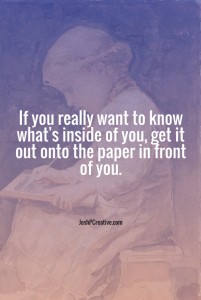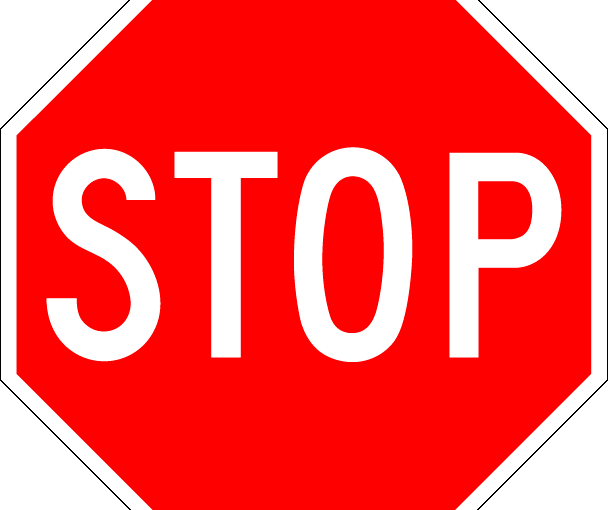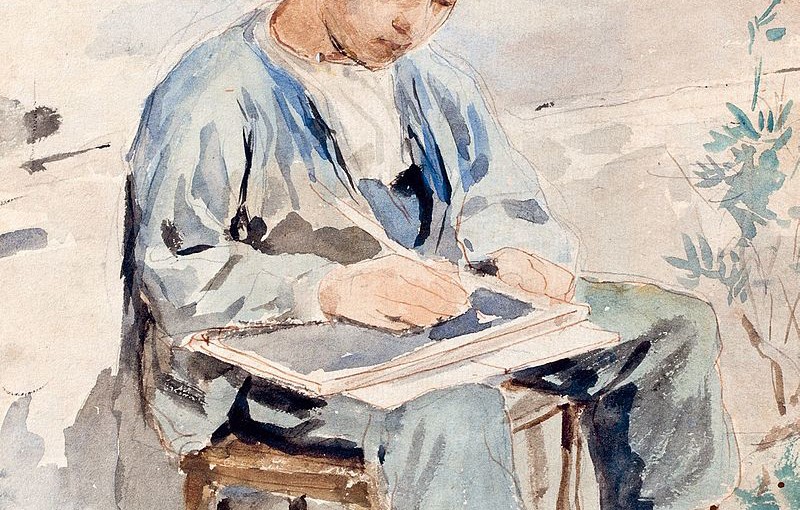Ah, the freelance writer life:
- Sitting at home
- Eating chocolates
- Watching TV
Actually, that doesn’t sound right. Let me try that again.
Ah, the freelance writer life.
- Learning self-promotion and basic business principles
- Scheduling meeting with clients
- Networking, networking, networking
- Maintaining a blog (or two or ten) and social media
- Negotiating rates
- Working longer hours than most of your 9-5 friends
That sounds more like it.
There is a great allure to the freelance writing life, starting with the idea of being your own boss. A successful freelance career can also mean having the freedom to pick and choose jobs and to take on clients you believe in. The idea of being your own boss can be daunting and overwhelming, but the rewards can be exhilarating.
So how do you start?
Fortunately, successful Phoenix-area freelance writer Nikki Steele agreed to answer some questions for us all on how she made it in the wide world of freelancing. I am providing her answers here, in her own words, so that you can get a snapshot of how one person made it. Read this carefully. Some of this information is absolutely essential. (Note: added emphases are mine.)
—–
What is your academic and professional background in the writing space?
I went to Arizona State University and got a bachelor’s degree in English, with an emphasis in creative writing. Nothing too crazy there.
Once I was out of school, however, I began freelancing with an academic textbook editing company. It was a good stepping-stone into the world of freelancing—I wasn’t responsible for finding new contracts or invoicing. I simply had to do the work (and do it well to be chosen for future projects). I worked with international publishing houses, on books ranging from ecology to health to education.
I then moved into a career in instructional design for a few years. In the same way as with my previous freelance work (which was still ongoing at that time), I worked with high-profile international brands from all different industries. I think this early exposure to huge brands made it much less intimidating to strike up conversations and deals with companies when I began my own business.
What were some key factors that got you thinking about a freelance writing career?
Independence, flexibility, and self-determination.
I’ve always been most comfortable when I’m in charge of (and accountable for) my own work and my own schedule. Working as a freelancer has its own unique challenges, but at any time, I can take a step back and figure out if the things I’m doing are leading me towards my eventual goals. I can also check in to see if I’m being as effective and true to myself as I need to be. You can’t do that as candidly when you’re not your own boss.
What steps did you take to get your freelance career off the ground?
Once I went completely freelance, I began the work of putting together a business. That included setting up an LLC, talking to an accountant so I could better figure out taxes and expenses, and portioning off an area of our house that was designated solely as my office.
Beyond the nuts-and-bolts work of it, I dove into a lot of marketing groups at the beginning. For young female entrepreneurs specifically, there are many supportive communities to help you get started. These may be online or at community events.
Dive into those when you start out. But then, take a step back from them.
Take the lessons online and community organizations give you and make sure they align with why you went into freelancing. Learn everything you possibly can at first, so you can decide what’s best for you after the lessons have settled.
I found that, for me, marketing and self-promotion became a chore. Some people thrive on the constant marketing and networking and you’ll see that there’s a constant push to do so within freelancing circles. That didn’t feed me, or as I found out, my business.
After a year freelancing, I realized that my best clients came from my referral network—the people who I had already worked with, who referred me for new projects, and who brought me new work when they had it. Instead of spending time marketing, I transferred that energy towards nurturing the relationships I already had, thinking of how they could be made better, and actively asking for referrals. I really haven’t had to do much marketing since.
What are some key tips you can give to those considering a freelance writing career?
Hit your deadlines
Seriously. You’ll be surprised to find how many people don’t hit their deadlines. Do that, especially if you want to turn it into a referral-based business. Set deadlines that give you some wiggle room and then wow your clients when you get the work done faster. If you can’t hit a deadline because of some unforeseen circumstance, let your client know before the deadline has passed. Always be proactive and communicative.
Expect that your career will change over time
I started freelancing primarily in the publishing field, but over the last few years, slowly shifted towards medical writing and vendor management. It’s been fun to look back at the small, random projects I did before and see how they all fed into what I’m focusing on now. It will likely be the same for you. Be open to new and exciting possibilities.
Besides those, a few miscellaneous tips that have really helped me include:
- Get an accountant to help you figure out taxes and business expenses and home deductions.
- Find technology that makes you more effective. The ones that I need every day are FreshBooks (for accounting and invoicing) and Remember the Milk (for task management and time tracking).
- Practice self-care, even when you don’t feel like you have the time.
- Be kind. Be somebody who people want to work with. Care about the people you work with and the projects that you do. Thank people for the help they’ve given you. You don’t have to be nice and get walked all over, but you do have to be kind.
—–
No matter your background, it would seem that Nikki’s keys to freelance success are clear: understand your motivations, be prepared and proactive, and find a rhythm, formula, and vision that works for you—and stick to it.
The point of a freelance career for so many folks is independence. So why not make your freelance path to freedom your own?
You can find Nikki Steele on Twitter, Instagram, and Pinterest. She’s a contributor on Book Riot, the largest independent book website, content manager at Boost Medical, and blog manager for the Tucson Festival of Books.








